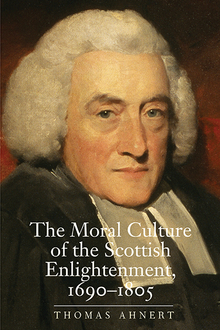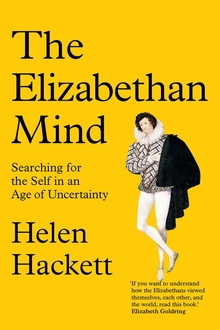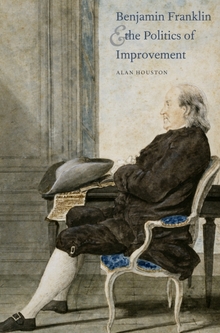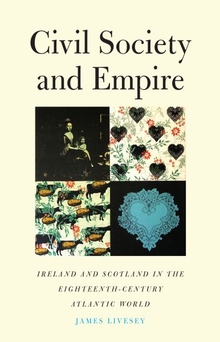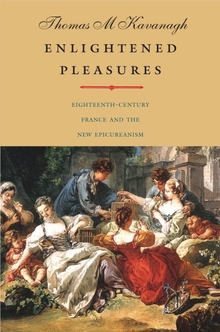The Moral Culture of the Scottish Enlightenment
WARNING
You are viewing an older version of the Yalebooks website. Please visit out new website with more updated information and a better user experience: https://www.yalebooks.com
1690–1805
Thomas Ahnert
In the European Enlightenments it was often argued that moral conduct rather than adherence to certain theological doctrines was the true measure of religious belief. Thomas Ahnert argues that this characteristically “enlightened” emphasis on conduct in religion was less reliant on arguments from reason alone than is commonly believed. In fact, the champions of the Scottish Enlightenment were deeply skeptical of the power of unassisted natural reason in achieving “enlightened” virtue and piety. They advocated a practical program of “moral culture,” in which revealed religion was of central importance. Ahnert traces this to theological controversies going back as far as the Reformation concerning the key question of early modern theology, the conditions of salvation. His findings present a new point of departure for all scholars interested in the intersection of religion and Enlightenment.
Thomas Ahnert is a reader in history at the University of Edinburgh. He is the author of Religion and the Origins of the German Enlightenment: Faith and the Reform of Learning in the Thought of Christian Thomasius. He lives in Edinburgh.
“Thomas Ahnert’s new book is a brilliant exploration of Scottish Enlightenment attitudes to the relations between religious doctrine and virtuous behavior. His arguments are clear, elegant and highly persuasive.”—Alexander Broadie, author of Agreeable Connexions: Scottish Enlightenment Links with France
“Not content with a much-needed study of the theology of the Moderate clergy who were so central to the Scottish Enlightenment, Thomas Ahnert challenges the wider assumption that Enlightenment theology put natural religion before the Christian revelation. The result is a major contribution to the current debate over religion’s contribution to Enlightenment, written in lucid, reflective prose.”—John Robertson, University of Cambridge
“Thomas Ahnert’s cogently argued and highly original monograph amounts to a complete reversal of some of the most commonly accepted features of what the Enlightenment—and not only that in Scotland—was about.”—Knud Haakonssen, University of Erfurt and University of St. Andrews
“Ahnert’s polyglot grasp of Latin primary source materials and secondary scholarship in German, French, and Italian brings a depth and solidity to his scholarship on the Moderate theologians of eighteenth-century Scotland. His arresting revisionist case study brings back to life aspects of history which most scholars in this field can barely touch, far less revivify.”—Colin Kidd, author of Union and Unionisms: Political Thought in Scotland 1500–2000
“Thomas Ahnert’s study of the debates on the relation between religion and morality is a very valuable contribution to research on the Scottish Enlightenment.”—Christian Maurer, Journal of Scottish Philosophy
ISBN: 9780300153804
Publication Date: January 27, 2015
Publication Date: January 27, 2015
224 pages, 6 1/8 x 9 1/4

